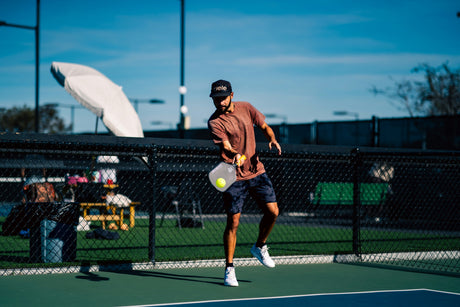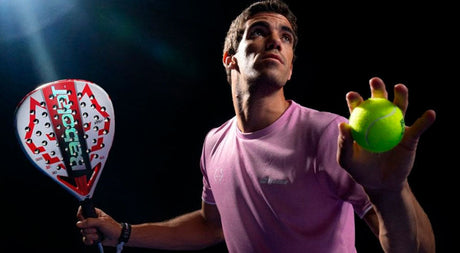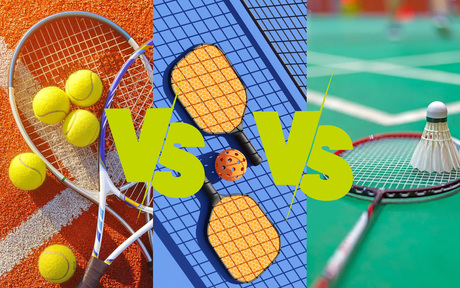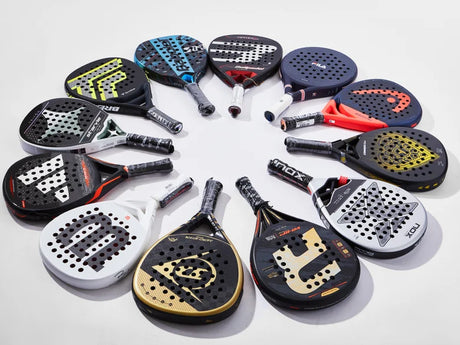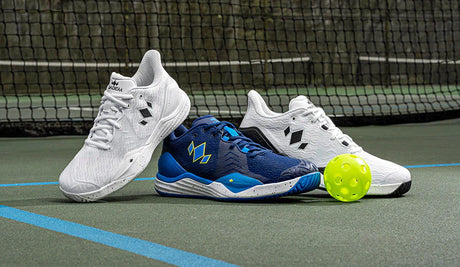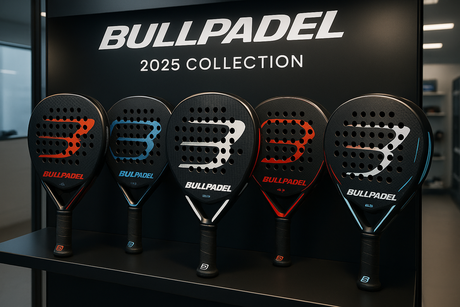Pickleball blends elements of tennis, badminton, and table tennis into a fast, social game. Here’s how a backyard invention became a nationwide phenomenon—and the essentials to start playing confidently.
Table of Contents
The Birth of Pickleball (1965)
In the summer of 1965 on Bainbridge Island, Washington, friends Joel Pritchard, Bill Bell, and Barney McCallum improvised a family game on a badminton court using ping-pong paddles and a perforated plastic ball. They refined the rules to make it accessible for all ages, and the pastime evolved into what we now call pickleball.
Why “Pickleball”?
Two stories persist: some say the mixed-sport nature resembled a rowing “pickle boat”; others recall the family dog, Pickles, who chased the ball. The Pritchard family later clarified the dog came after the name—but the legend remains part of the sport’s charm.
Court & Equipment Basics
Court
A standard pickleball court measures 20 ft × 44 ft (similar to badminton) with a 7-ft non-volley zone (“the kitchen”) on each side of a net that’s ~34 inches at the center.

Recommended Picks
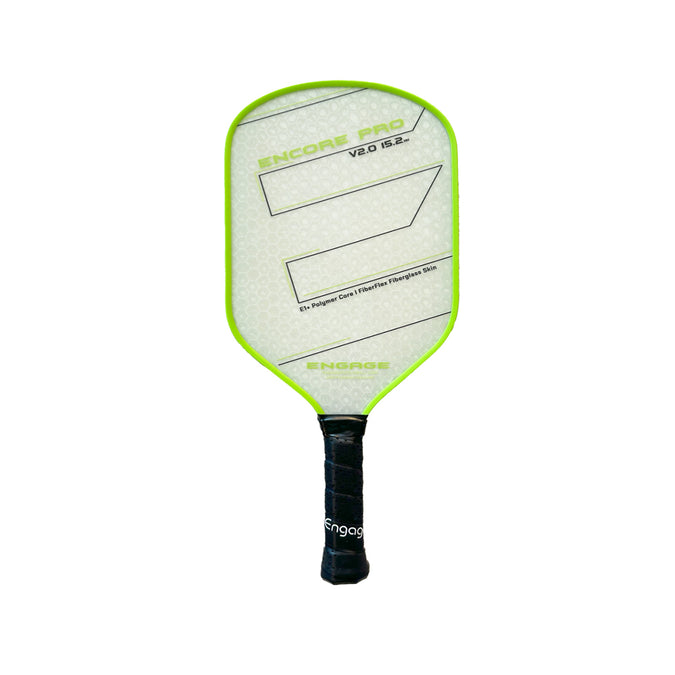
Encore Pro V2.0 — Playability with Power (Hybrid)
Control-first feel with extra pop when you need it. A solid option for players moving up in level who want a forgiving sweet spot without giving up finishing power.
- Balanced: touch, placement, and put-away power
- Great as a do-it-all game-improvement paddle
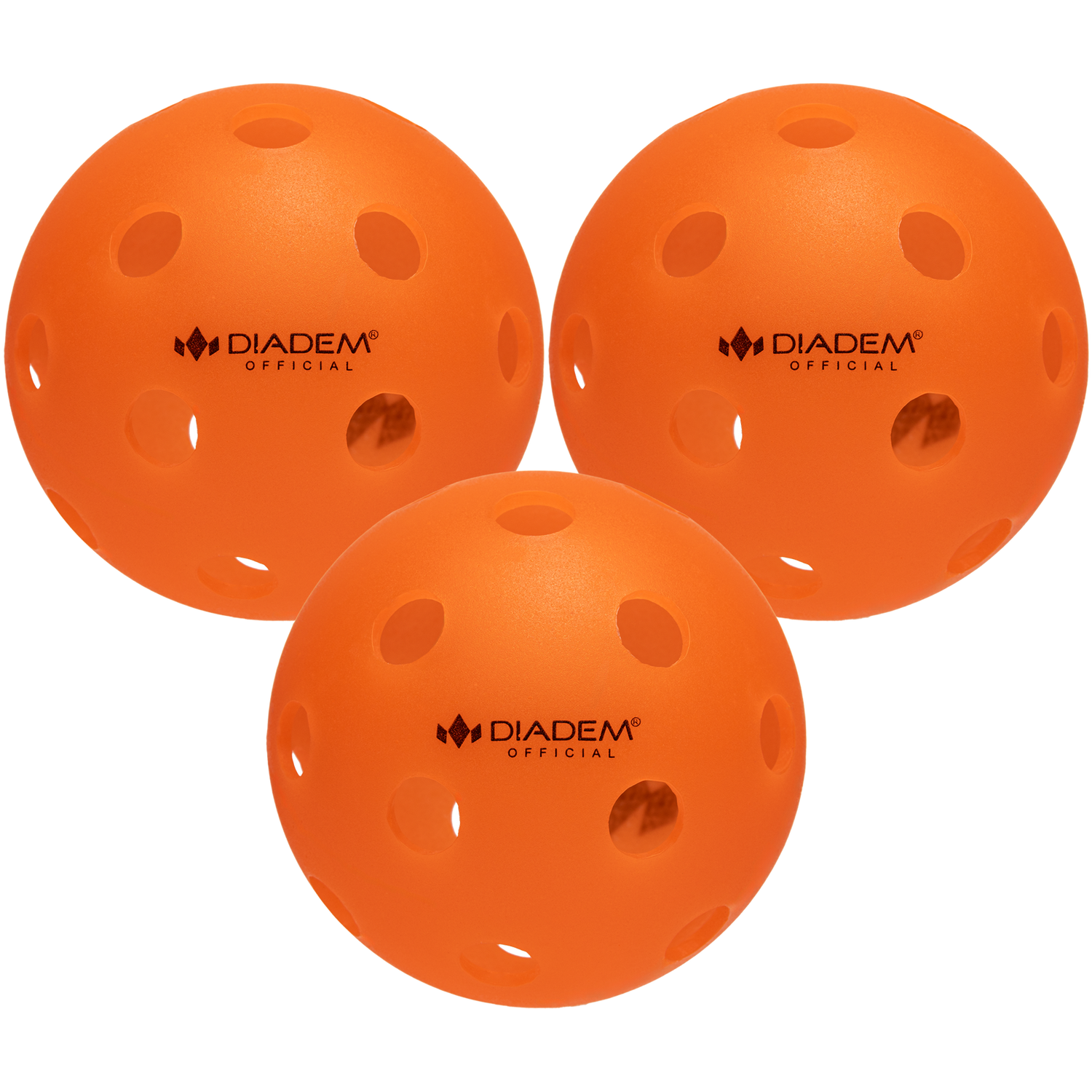
Official Indoor Pickleball — 3-Pack
Consistent indoor bounce and flight for reliable rallies on gym floors and indoor courts. Durable feel to keep practice sessions smooth and predictable.
- Optimized for indoor play and lighting
- Stable flight; confidence on third-shot drops and dinks
How to Play: Rules at a Glance
1) Starting the Rally
- Underhand serve: Contact is below the waist; serve diagonally into the opposite service box and beyond the kitchen.
2) Double-Bounce Rule
- After the serve, the return must bounce once, and then the third shot must also bounce before volleying is allowed. This slows early points and encourages longer rallies.
3) The Kitchen (Non-Volley Zone)
- You can’t volley while standing in the non-volley zone. Entering is allowed after the ball bounces there.
4) Scoring
- Only the serving team scores. Games are usually to 11 points, win by 2. In doubles, both partners typically serve before a side-out.

Beginner Strategy (Quick Wins)
- Placement over power: Aim corners and target weaker sides.
- Master the dink: Soft shots into the kitchen pull opponents forward and create errors.
- Smart positioning: Work up to the non-volley line as a team; control the middle.
Why It’s So Popular
- Easy to learn: approachable rules and a forgiving ball flight.
- Social by design: doubles format invites mixed skill levels and community play.
- Inclusive fitness: cardio, coordination, and fun—without extreme impact.
Get Started
Grab a paddle, a few balls, and head to a local court. Our curated pickleball collection has beginner-friendly bundles to get you playing fast.
FAQs
Is pickleball hard to learn? — tap to expand
What gear do I need to start?
Where can I find places to play?
Conclusion
From improvised backyard fun to a global movement, pickleball’s rise is powered by accessibility and joy. Ready to try it? Explore paddles and balls, then hit the court near you.


